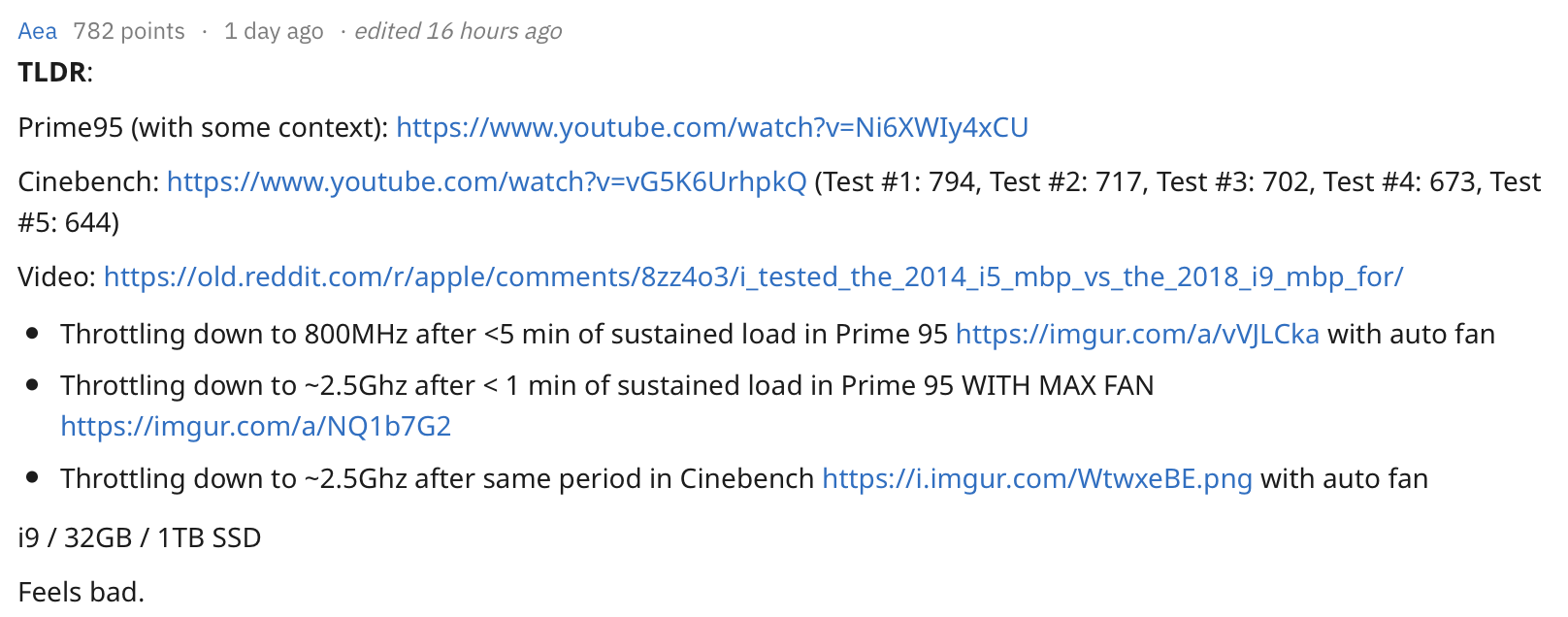In other news bears shit in the woods. In today’s second day Trump news: President ‘The Donald’ has seized, belatedly, on the European Commission’s announcement yesterday that it had found Google guilty of three types of illegal antitrust behavior with its Android OS since 2011 and was fining the company $5 billion; a record breaking penalty the Commission’s antitrust chief Margrethe Vestager said reflects the length and gravity of the company’s competition infringements.
Trump is not! at all! convinced! though!
“I told you so!” he has tweeted triumphantly just now. “The European Union just slapped a Five Billion Dollar fine on one of our great companies, Google. They truly have taken advantage of the U.S., but not for long!”
Also not so very long ago, Trump was the one grumbling about tech giants. Though Amazon is his most frequent target in tech, while Google has been spared the usual tweet lashings. Albeit, on the average day he may not necessarily be able to tell one tech giant from another.
Vestager can though, and she cited Amazon as one of the companies that had suffered as a direct result of contractual conditions Google imposed on device makers using its Android OS — squeezing the ecommerce giant’s potential to build a competing Android ecosystem, with its Fire OS.
Presumably, for Trump, Amazon is not ‘one of our great companies’ though.
At least it’s only Google that gets his full Twitter attention — and a special Trumpian MAGA badge of honor call-out as “one of our great companies” — in the tweet.
Presumably, he hasn’t had this pointed out to him yet though. So, uh, awkward.
Safe to say, Trump is seizing on Google’s antitrust penalty as a stick to beat the EU, set against a backdrop of Trump already having slapped a series of tariffs on EU goods and Trump recently threatening the EU with tariffs on cars — in what is fast looking like a full blown trade war.
Even so, the tweet probably wasn’t the kind of support Google was hoping to solicit via its own Twitter missive yesterday…
#AndroidWorksButTradeWarsDon’t doesn’t make for the most elegant hashtag.
But here’s the thing: Vestager has already responded to Trump’s attack on the Android decision — even though it’s taking place a day late. Because the EU’s “tax lady”, as Trump has been known to vaguely refer to her, is both lit and onit.
During yesterday’s press conference she was specifically asked to anticipate Trump’s tantrum response on hearing the antitrust decision against Google, and whether she wasn’t afraid it might affect next week’s meeting between the US president and the European Commission president, Jean-Claude Juncker.
“As I know my US colleagues want fair competition just as well as we do,” she responded. “There is a respect that we do our job. We have this very simple mission to make sure that companies play by the rulebook for the market to serve consumers. And this is also my impression that this is what they want in the US.”
Pressed again on political context, given the worsening trade relationship between the US and the EU, Vestager was asked how she would explain that her finding against Google is not part of an overarching anti-US narrative — and directly asked how would she answer Trump’s contention that the EU’s “tax lady… really hates the US”.
“Well I’ve done my own fact checking on the first part of that sentence. I do work with tax and I am a woman. So this is 100% correct,” she replied. “It is not correct for the latter part of the sentence though. Because I very much like the US. And I think that would also be what you think because I from Denmark and that tends to be what we do. We like the US. The culture, the people, our friends, traveling. But the fact is that this [finding against Google] has nothing to do with how I feel. Nothing whatsoever. Just as well as enforcing competition law — well, we do it in the world but we don’t do it in a political context. Because then there would never, ever be a right timing.
“The mission is very simple. We have to protect consumers and competition to make sure that consumers get the best of fair competition — choice, innovation, best possible prices. This is what we do. It has been done before, we will continue to do it — no matter the political context.”
Maybe Trump will be able to learn the name of the EU’s “tax lady” if Vestager ends up EU president next year.
Or, well, maybe not. We can only hope so.

from Android – TechCrunch https://ift.tt/2L9n93t
via
IFTTT
